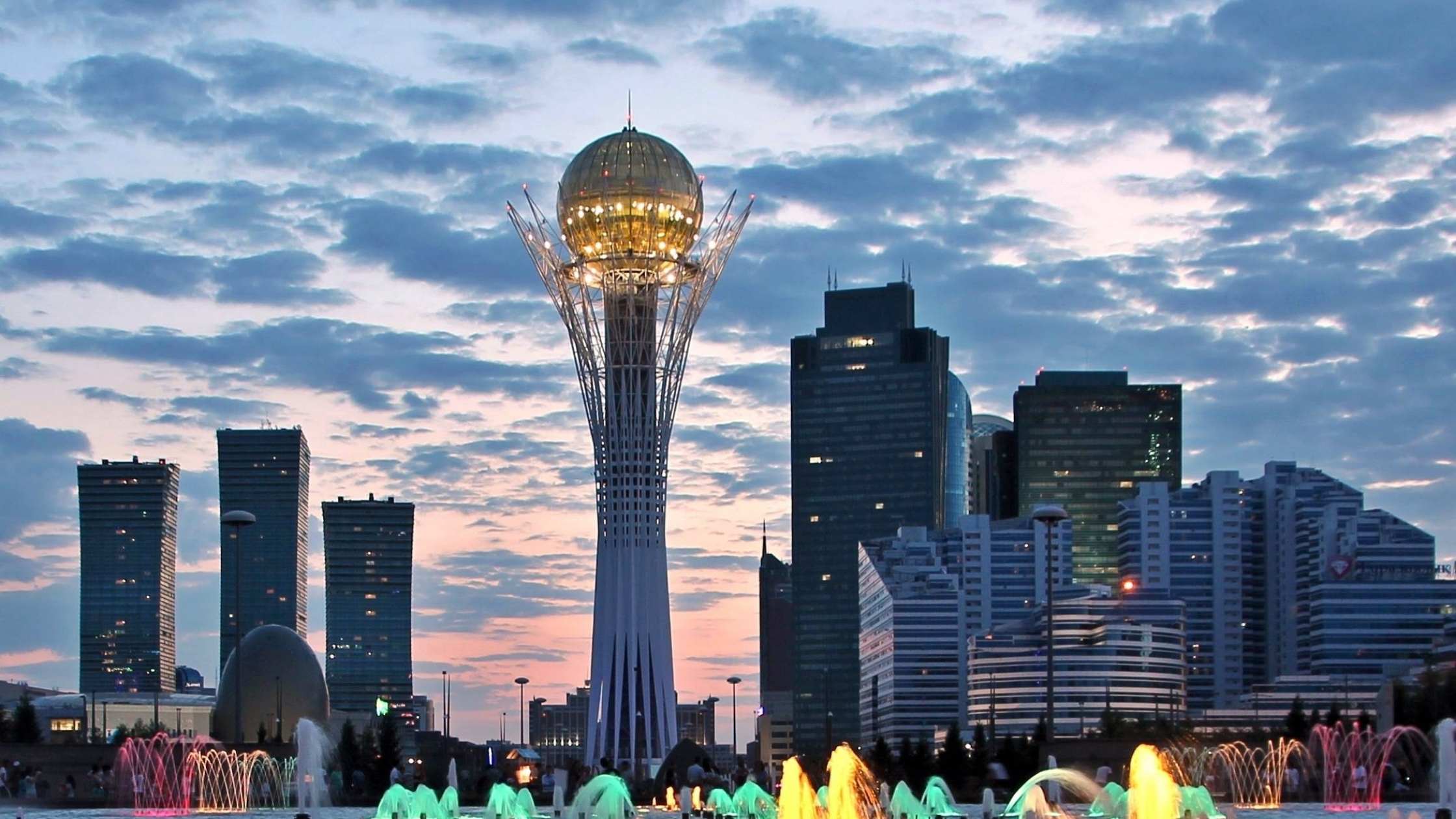Kazakhstan’s crypto mining crisis caused a global panic, as the price of Bitcoin witnessed a sudden drop as a result of the country’s internet shutdown. But will Kazakhstan’s crypto mining crisis relocate Bitcoin miners?
What happened in Kazakhstan and why does it affect Bitcoin’s price?
The chaos in the Central Asian country was caused by violent protests that were sparked by rising fuel costs. Hundreds of people were injured and many died. Nearly 8,000 people were detained during the protests, which left 164 dead. The protests were called terrorist aggression by President Kassym Jomart Tokayev.
On Wednesday, January 5, the general disorder led to a complete telecommunication cut, including the internet, and left the Kazak Bitcoin miners offline, leading to an even bigger crisis in the crypto-financial space. The national internet blackout has now become the main focus of the entire world.
Russia sent paratroopers to Kazakhstan on Thursday in order to put down the countrywide rebellion that broke out after violence spread throughout the former Soviet Union. State television reported that 13 security personnel had been killed by rioters in Almaty’s main city. Police claimed they had killed many of them.
Bitcoin mining in Kazakhstan
What is Bitcoin mining?
Mining is an energy-intensive computing process that creates new coins and keeps track of all transactions on the blockchain.
By computing these complicated mathematical puzzles, the computer (aka miners) validates and accomplishes the proof-of-work (PoW) mechanism, which stands at the core of the Bitcoin network. Although Bitcoin isn’t the only cryptocurrency that uses the PoW consensus mechanism, it is the first and most valuable digital asset that a computer can create.
Why mine Bitcoin in Kazakhstan?
You might not be aware, that in 2021, Kazahstan ranked for about 18% of the total hash power of the Bitcoin network. The cheap electricity from the Asian country has become the target for all the miners that needed to relocate, after China’s ban on crypto mining in July 2021.
According to the Cambridge Centre for Alternative Finance, Kazakhstan is the second-largest bitcoin mining country in the world in 2021, following the China ban on cryptocurrency mining.
Kazakhstan has coal mines, which provide an abundant and cheap supply of energy. This is a significant incentive for miners to compete in low-margin industries where the only variable cost is energy.
It’s important to understand that as blockchain networks get more developed, the puzzles that the miners need to solve get more complex and require more specialized (and expensive) equipment. For this process to make sense and be advantageous for the miner, it needs it factor in all the costs of the operation, and the one thing that you’ll need regardless of what equipment you use is electricity.
And electricity doesn’t cost the same everywhere on the globe.
Another aspect for which Kazakhstan represents a great location for building a massive crypto mining centre is the country’s less strict attitude towards building. This is good news for miners who have to build physical structures in a short time.
Is Kazakhstan back online?
According to Alan Dordjiev of the Kazakh National Association of Blockchain and Data Center Industry on Monday, January 10, the situation has “almost been resolved” and crypto mining data centres are back.
Internet connectivity has been restored in large part throughout the country, Dordjiev stated. Interruptions continue to take place in Almaty (the country’s capital and largest city), where protests have raged for the past week. However, crypto mining regions are “totally okay,” he stated.
NetBlocks, an Internet watchdog, stated last week that multiple providers losing connectivity simultaneously “indicates that there is a centralized kill switch.”
It is difficult to predict how long the internet will be able to continue to function. The internet in the country has been restored multiple times over the last few days. However, these periods are briefly and unpredictable, affecting different providers and regions at different times. Toker stated that the intermittent network could not support cryptocurrency mining and has implications beyond human rights.
But Kazakhstan’s miners endured many power shortages in the past few months since miners have been vacating China.
Since September, electricity restrictions have been in effect for Kazakhstan-based miners. This is because the country’s grid has struggled to cope with increasing demand. This prediction was correct as the grid has reduced power for mining operations due to shortages, thereby limiting their ability to generate bitcoins.
In the end, it’s expected that the majority of miners will move to more favourable and sustainable jurisdictions, where they’ll have fewer disruptions.

